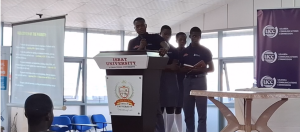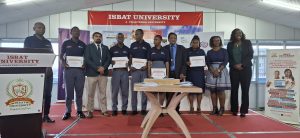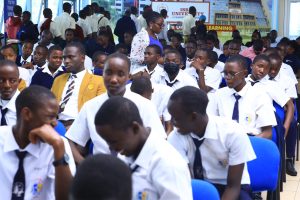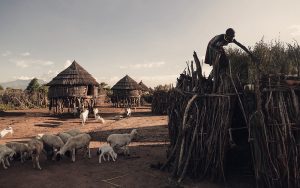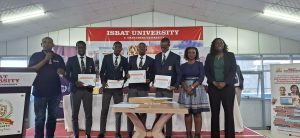Kojja SS (Buikwe) — AgriLink: A Digital Bridge for Farmers and a Game-Changer for Uganda’s Agriculture
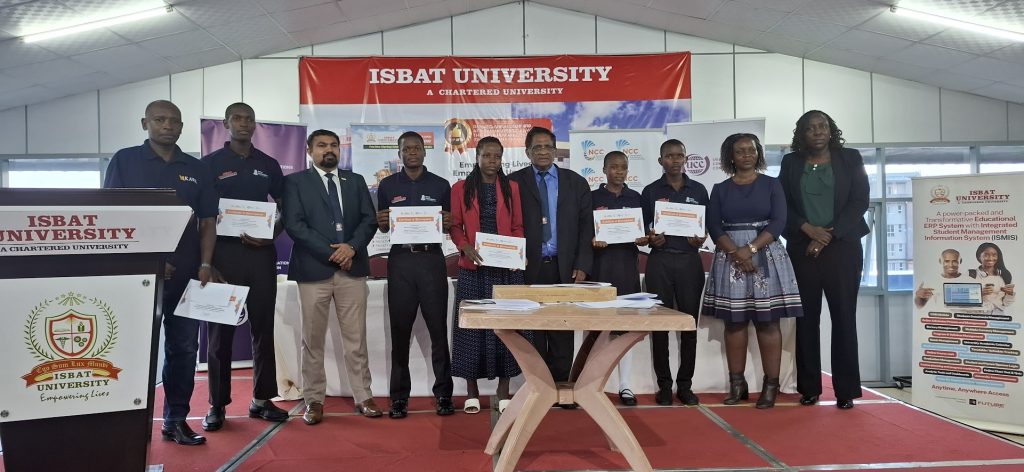
Agriculture remains the lifeline of Uganda’s economy, employing millions and sustaining families across the country. Yet, many farmers continue to face a silent but serious challenge — the lack of coordinated, reliable, and accessible farming information. From unpredictable planting seasons to unreliable market prices, farmers often make decisions based on guesswork rather than data. Recognizing this gap, students from Kojja Secondary School (Buikwe) have developed an innovative digital solution — AgriLink, a platform designed to bring order, knowledge, and opportunity into Uganda’s farming ecosystem.
AgriLink is a comprehensive digital platform that provides farmers with up-to-date information on crops, livestock, and poultry management — all in one place. Through a simple login interface, users can access vital agricultural insights such as planting calendars, disease prevention tips, feeding schedules, weather patterns, and real-time market prices. The system also connects farmers directly with extension workers and agribusiness experts, enabling quick consultations and personalized guidance. This two-way interaction turns technology into a living tool for problem-solving rather than just information storage.
The strength of AgriLink lies in its inclusivity and practicality. Many rural farmers lack access to formal training or agricultural research, yet they possess rich indigenous knowledge. AgriLink builds on this by integrating local experiences with modern agricultural science, helping farmers make smarter, data-driven decisions. Whether managing a small poultry farm or planning large-scale crop production, users receive relevant advice tailored to their region and season.
Beyond providing information, AgriLink plays a crucial role in market linkage. By offering real-time data on commodity prices and buyer connections, it empowers farmers to sell their produce at fair value and reduce exploitation by middlemen. This creates a ripple effect of financial empowerment, increased production, and food system stability.
As an educational innovation, the project also serves as a learning hub for students, who explore how ICT can address real-world challenges in agriculture — a field traditionally viewed as low-tech. It builds learners’ skills in coding, database management, and user-interface design while nurturing an entrepreneurial mindset. By applying technology to a sector that touches every Ugandan household, Kojja SS has demonstrated that youth-led innovations can drive national transformation.
The project directly supports Sustainable Development Goal 2 (Zero Hunger) and Goal 8 (Decent Work and Economic Growth), reinforcing the idea that technology and agriculture can work hand in hand to achieve food security and economic resilience. It also aligns perfectly with the vision of the UCC ICT Clubs initiative, coordinated by KAWA Uganda, which empowers students to use technology creatively to solve local problems.
Through AgriLink, Kojja Secondary School is not just helping farmers — it is building digital bridges between classrooms and communities. The project symbolizes the dawn of a new era where innovation, collaboration, and information converge to make agriculture smarter, more sustainable, and more profitable for all Ugandans.

